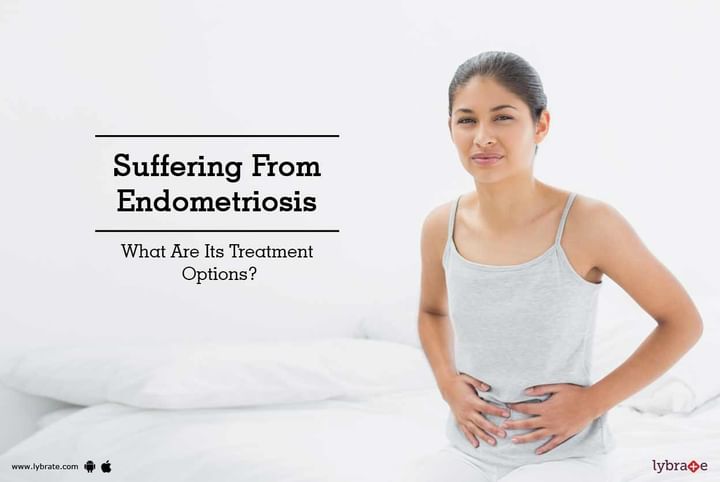Suffering From Endometriosis - What Are Its Treatment Options?
Endometriosis is a condition in which the endometrial cells lining the inside wall of the uterus begin to grow outside the uterus. In a majority of the cases, the growth is on the ovaries, the Fallopian tubes, or the tissues around the uterus. In rare cases, it occurs in other body parts. Normally, women in the age group of 30 to 40 years are prone to developing this condition and genetics is believed to be the reason behind this disorder. It is a serious medical condition if it causes discomfort to the woman.
Signs and Symptoms: The signs and symptoms of endometriosis include chronic pelvic pain, pain during menstruation, urination, and intercourse, longer periods, bleeding between menstrual cycle, bloody urine or stool, and urinary and bowel problems.
Treatment methods: In many cases, endometriosis goes undiagnosed and it can only be diagnosed through biopsy. If the biopsy confirms endometriosis, then it can be treated in the following ways:
- Hormonal treatment: Hormonal treatment includes birth control pills, placement of the intrauterine device, Gonadotropin-releasing hormone, and Danazol or Medroxyprogesterone (Depo-Provera).
- Pain medication: Pain killers with anti-inflammatory properties are prescribed to those who suffer from painful menstruation.
- Surgery: This is the last treatment option and only advised to those who did not find relief from medicines and hormonal treatment. Surgeons try to remove the areas affected by endometriosis but in severe cases, the ovaries might need to be removed completely.
Complications: It is important to treat endometriosis on time as delay can lead to complications. The complications arising out of endometriosis include the following:
- Infertility: The scarring and distortions caused in the reproductive organs due to endometriosis and the endometriotic cysts can make a woman infertile.
- Scarring: The bleeding and the inflammation caused by endometriosis leads to scarring of the tissues of ovaries.
- Ovarian cysts: Sometimes, the abnormal growth of endometrial cells outside the uterus spreads to the ovaries and starts growing over there, leading to cysts.
Prevention: As it been mentioned before, in many cases, endometriosis goes undiagnosed but it can be prevented or its symptoms managed effectively if one is cautious. One should do the following:
- Exercise regularly: Exercise increases immunity and also reduces the level of estrogens, which slows down the progression of endometriosis. It also provides relief from pain.
- Eat nutritious diet: A diet rich in vitamin and minerals ensures good health of the reproductive organs and a fine immune system. This helps to fight the symptom of endometriosis and keeps the disorder in check.
Endometriosis is known to affect a large number of women and since the early symptoms are mild or confusing, most of the time they go undetected. Nevertheless, a woman can avoid it and the complications arising out of it by being mindful of the symptoms. They should also undergo a regular pelvic exam and follow the instructions of their gynecologist. This would ensure timely detection of the disorder and if this is ensured, the management also becomes easy.



+1.svg)
